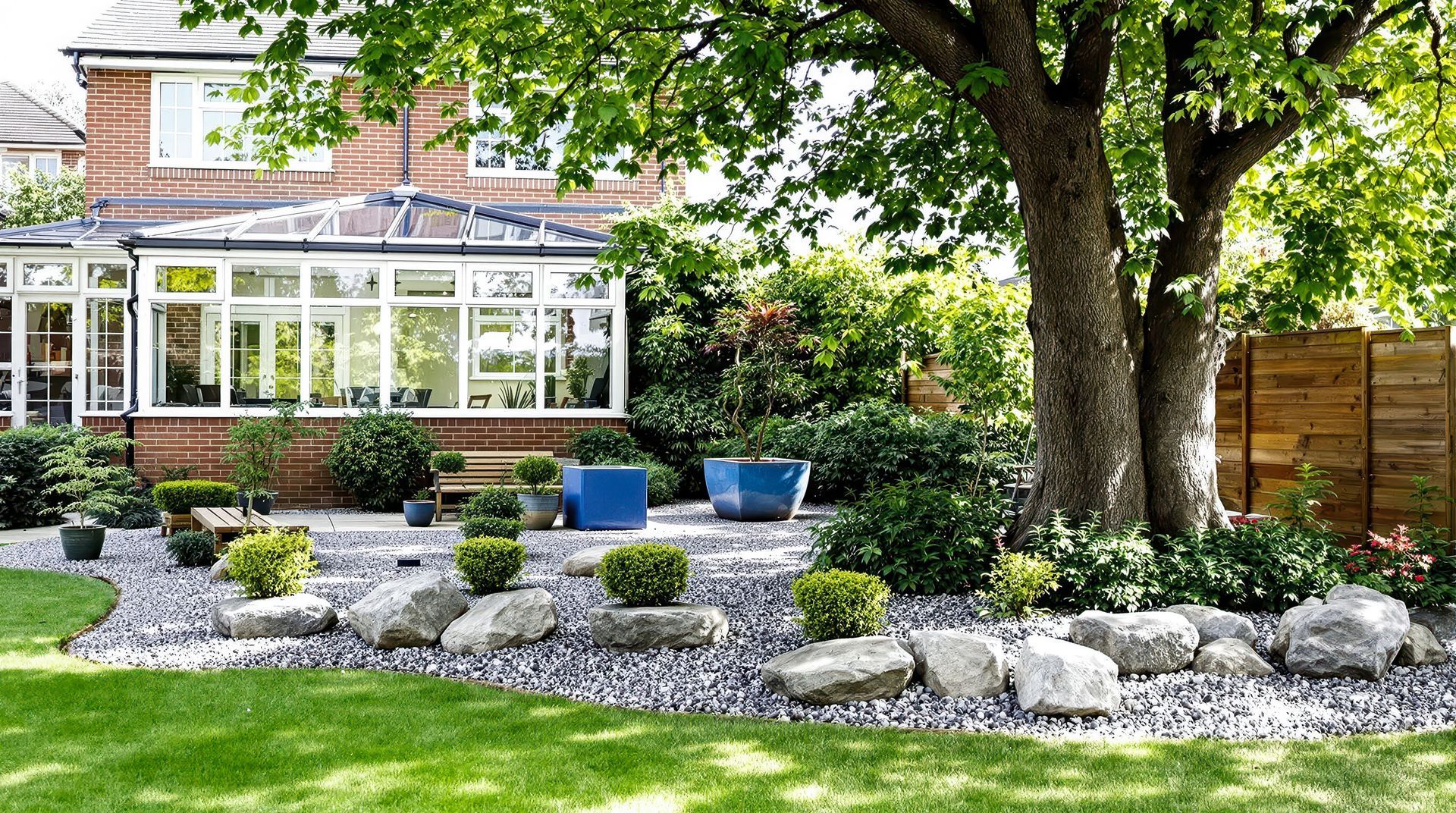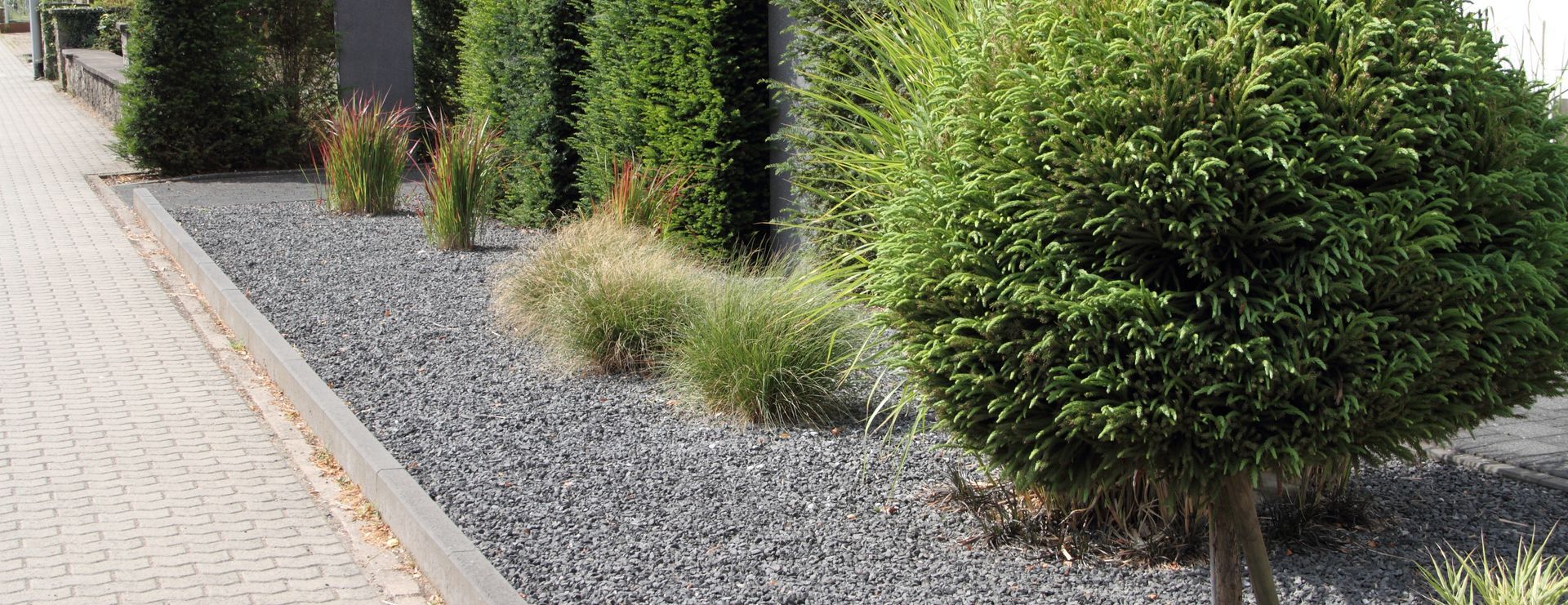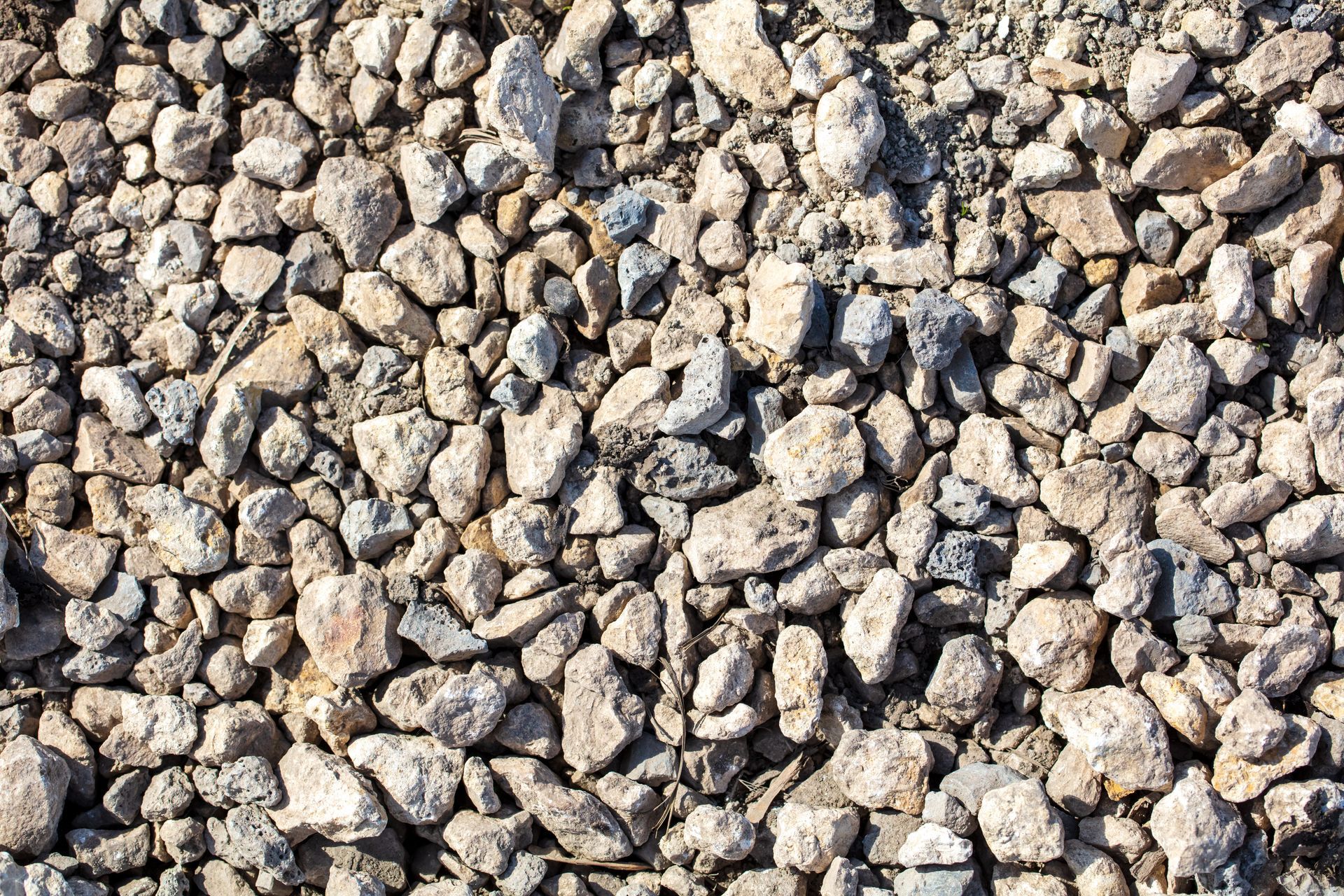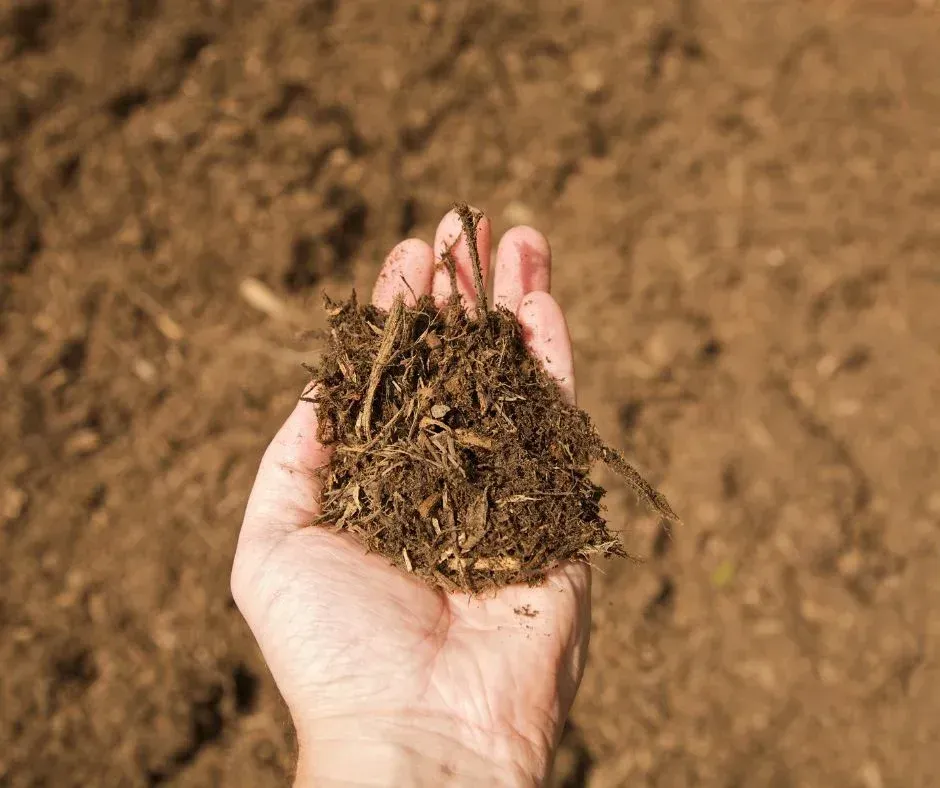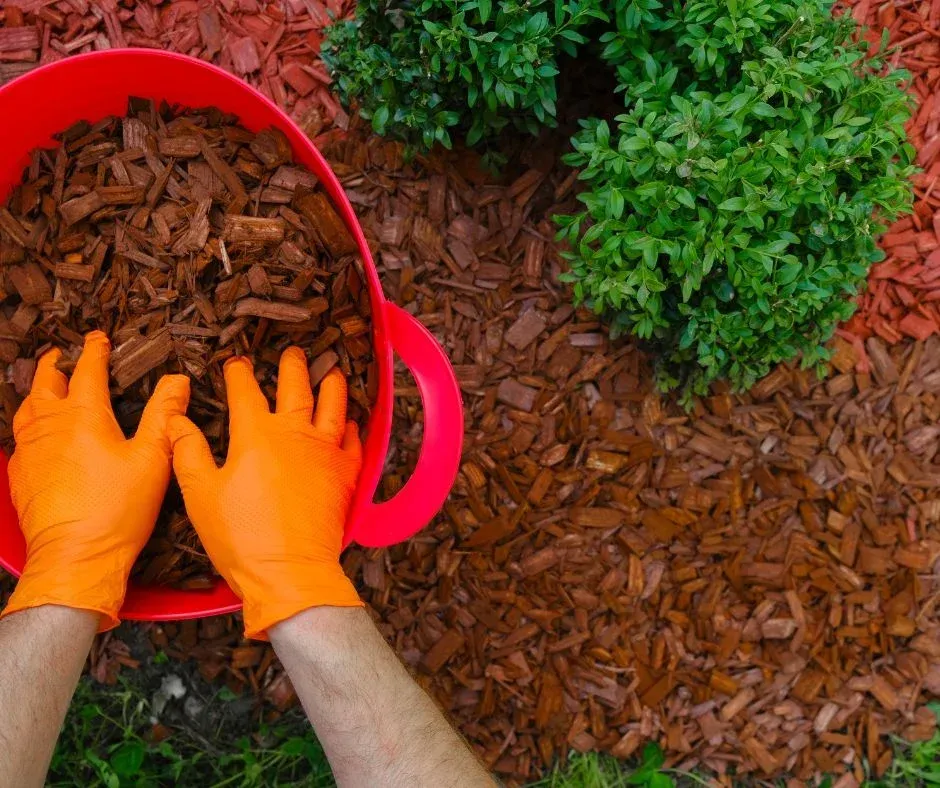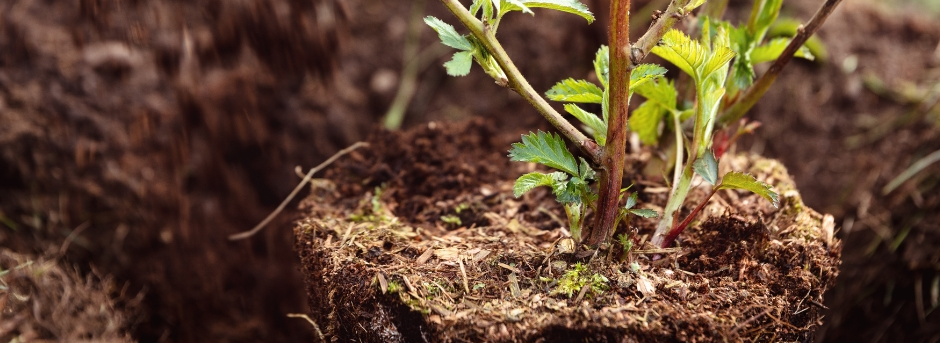Why Wood Chips Make The Best Mulch For Your Garden
Introduction
Mulch is a layer of material that is placed on the surface of the soil to help retain moisture, suppress weeds, and keep the soil temperature consistent. It is an essential element of any gardening or landscaping project.
There are a variety of mulch products available on the market, such as bark chips, wood chips, straws, and leaves. Each type of mulch has its own set of benefits and drawbacks. However, wood chips are widely considered to be the best type of mulch for gardens.
This article will explain why wood chips are the best mulch for your garden and how to use them effectively.
The benefits of wood chips as mulch
Wood chips make excellent mulch for a variety of reasons. Firstly, wood chips are very durable and will last for many years. They are slow to decompose, so they provide long-term protection for your plants. Additionally, wood chips look natural and enhance the beauty of your garden. In addition to their aesthetic value, wood chips are very effective at suppressing weeds and retaining moisture in the soil. The thick layer of wood chips prevents sunlight from reaching the seeds of weeds, thus reducing the rate of weed growth. The wood chips also absorb moisture and help keep the soil moist for longer periods. This is especially beneficial during dry or hot weather when the soil can become parched.
Reasons to avoid other types of mulch
It is important to note that not all types of mulch are suitable for use in gardens. For example, bark chips decompose quickly and must be replaced often. Additionally, straw can host pests, such as snails and slugs. Leaves should also be avoided because they can smother plants and suffocate their roots. Wood chips, on the other hand, are an all-around better option for mulching gardens. They are durable, provide excellent moisture retention, and look great.
How to choose the right wood chips for your garden
When selecting wood chips, it is important to choose chips that have a high carbon content, such as oak or maple. Avoid any chips that have been treated with chemicals or that have a strong odor. It is also important to select chips that are uniform in size. This will ensure that the chips settle evenly and create a more consistent layer of mulch. When purchasing wood chips, make sure to buy enough to cover the entire area of your garden. It is also recommended that you purchase more than you need to keep your garden looking neat.
How to apply wood chips as mulch
Once you have chosen the right wood chips for your garden, it is time to apply them. Start by removing any weeds or other debris from the garden bed. You can either handpick them or use a hoe to loosen them from the soil. Once the soil has been cleared, spread the wood chips evenly across the bed. If necessary, you can also use a rake to smooth out the chips and make sure they are spread evenly. The thickness of the layer should be 3-4 inches (7.5-10 cm). Make sure to keep the mulch away from the stems of your plants so they can get the necessary air circulation.
Tips for using wood chips as mulch
Once the wood chips are in place, you can use them to create an attractive feature in your garden. For example, you can make designs or patterns with wood chips to add a unique look to your garden. You can also add other types of mulch, such as pine needles or bark chips, to enhance the appearance of your garden. It is also a good idea to top-dress the wood chips with a layer of compost every few months. This will keep the chips looking fresh and prevent them from compacting. Additionally, you can add a bit of fertilizer every few months to give your plants the nutrients they need to thrive.
Conclusion
In conclusion, wood chips are the best type of mulch for gardens. They are durable, they look great, and they are effective at suppressing weeds and retaining moisture. They can also be used to add aesthetic value to your garden. Simply choose the right wood chips, spread them evenly, and top-dress them with compost and fertilizer periodically. With the right care and maintenance, wood chips can help make your garden beautiful and lush for many years to come.
North County Supply is the only shop you'll need for all of your landscape material needs!
We carry a wide variety of materials including mulch, playground chips, soil, and more!
Our knowledgeable staff is always happy to help you find what you need and answer any questions you may have.
Call us at 760-744-3444
North County Supply's Service Locations: San Diego, Escondido, San Marcos, Vista, Oceanside, Carlsbad, Chula Vista, El Cajon, Poway, Santee, Encinitas, Valley Center, La Mesa, Temecula, Murrieta, Coronado, Del Mar, Alpine, Lakeside, Fallbrook, Daley Ranch, Hidden Meadows, Menifee, Solana Beach, Carmel Valley, Ramona, Torrey Pines, Rancho Penasquitos.
